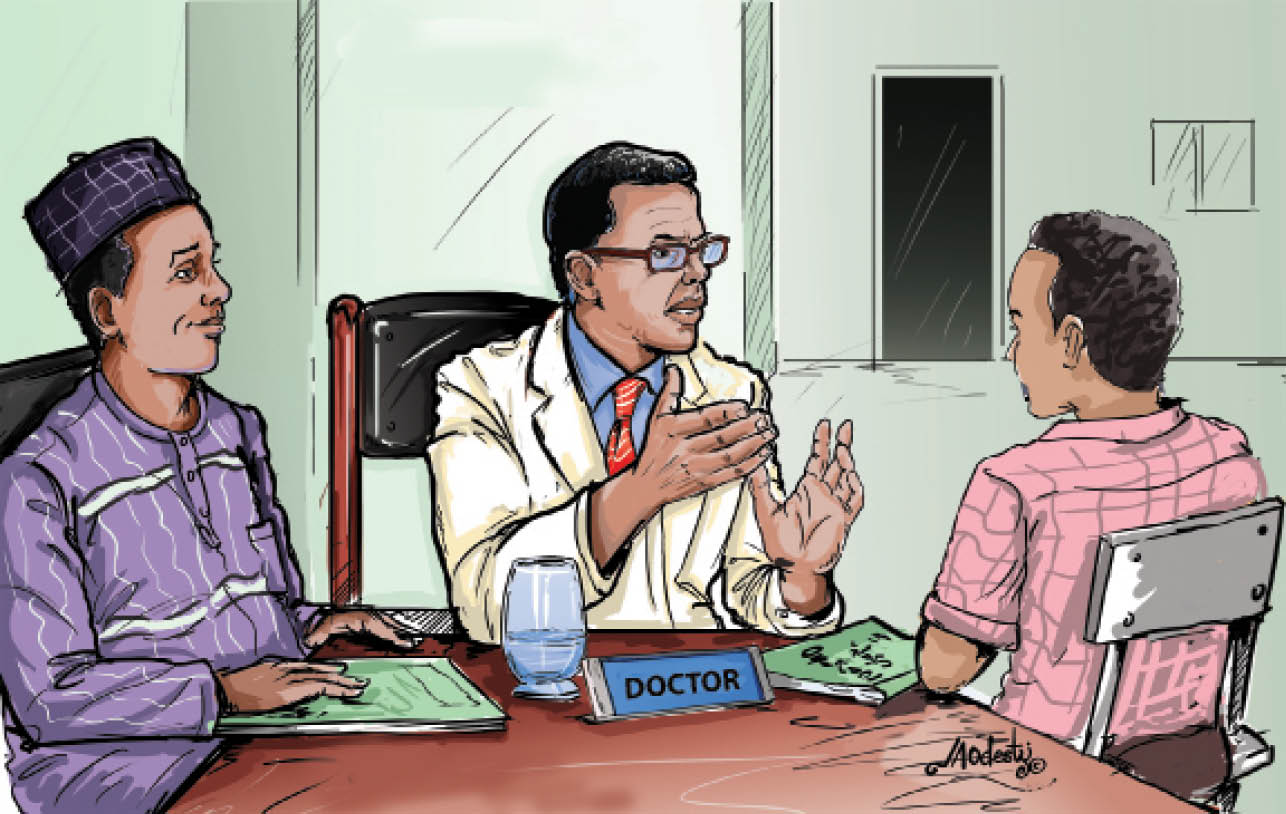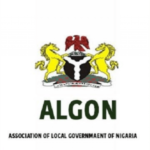Despite the critical role of primary healthcare in healthcare service delivery, Nigeria’s primary healthcare system is bedeviled with challenges which are further worsened by lack of commitment by some state governors.
Some of the challenges are shortage and mal-distribution of healthcare workers, dilapidated infrastructure, and weak referral systems and poor financing. This has further laid pressure on the secondary and tertiary health institutions.
While some government actors at the sub-national levels have made efforts towards provision of quality service delivery as well as mitigating the challenges, others have lacked political will or neglected it thus subjecting their residents to untold hardships accessing care.
According to the Executive Director, National Primary Healthcare Development Agency (NPHCDA), Dr Faisal Shuaib, improvements for Primary Health Care (PHC) service delivery have not been significant.
FG warns Atiku against downplaying Buhari’s achievements
I will use technology to fight kidnapping if elected — Asake
He said despite the level of investments in primary healthcare at the sub-national level, there has not been a commensurate improvement in the rate of maternal and child mortality.
He said strong political will, with a robust and sustained focus on primary healthcare, is vital to ensuring a transformational change in Nigeria’s health sector.
Senior Health Adviser of the Nigeria Governors Forum (NGF) Secretariat, Dr Ahmad Abdulwahab, who is also coordinating the PHC leadership challenge for the NGF secretariat, said it is also borne out of the Seattle Declaration which is a set of commitments made by governors to prioritise primary healthcare in their states .
He said PHC is a patient’s first contact to the healthcare system and that about 80% of health challenges could be managed at the PHC system where it is well managed.
“So PHC is the cornerstone of the health system if you get it right,” he said.
He said efforts are being made to ensure one very functional and standard PHC in each political ward.
Abdulwahab said a functional PHC should have a minimum service package approved by the government. He said this includes a certain level of human resource, equipment drugs, and other materials.
To shore up primary healthcare delivery in the country, the NGF, in collaboration with the NPHCDA, Bill and Melinda Gates Foundation, UNICEF, Aliko Dangote Foundation, and other partners has launched a primary healthcare leadership challenge to access service delivery across the country.
Abdulwahab said the PHC leadership challenge is to help states to get their priorities right. He said indicators for the challenge have been carefully chosen areas to act as enablers that catalyse the services, such as necessary funding, human resources equipment among others.
Speaking during the inauguration of the independent judging panel of the leadership challenge in Abuja, Dr Faisal Shuaib of NPHCDA said, “We are setting up a peer review competition among the states that will follow specific indicators and also be measured by an independent verification agent. The panel of judges will look at the assessment and announce the states that have done well at the national, zonal and state levels.
He said the key indicators for assessment are “how they have been able to improve the policy of Primary Health Care Under One Roof (PHCUOR), how they financed their PHC system, how they have been able to finance their human resources and also how the governors are able to priortise PHC. For example, we would like to see that once in a quarter the status of PHC is discussed at the state executive council. Achieving these indicators is a proxy for improving primary healthcare.”
Explaining the key indicators, Dr Abdulwahab of the NGF secretariat said,
“The first indicator says the state budget is informed by a plan. So we are trying to look at how you are planning for your health sector. Is it evidence based? So, if it is evidence based, you will get some score.
“The second assesses the number of certified meetings when PHC performance is discussed. Here we are trying to bring the issue of PHC to the highest level. There is an executive council meeting every week. So, at that meeting, the governors should be able to discuss PHC performance or how PHC is doing in their states to be able to make informed decisions. So if a governor is doing this, he gets the third score.
“Another one is the number of monthly visits conducted by a state governor to PHCs. We want governors to visit PHCs periodically. So, if the governor goes out, every quarter to see how it works, he gets his score.
“So, there are a lot of enablers, like the number of meetings held by the state governor with traditional rulers to discuss PHC. These enablers lead to change.”
Chairman of the independent judging panel of the PHC leadership challenge, Prof. Clara Ejembi of the Department of Community Medicine, Ahmadu Bello University, Zaria, said the role they are going to play is significant, adding that they would assess the performance of state governors in terms of their efforts to reform and finance and implement primary healthcare in their states.
She thanked the team for the confidence reposed in them to accountably, transparently, and apolitically validate the work that the steering committee was doing.
The UNICEF Country Representative in Nigeria, Cristian Munduate, said the organisation was delighted to be part of the historic partnership geared towards driving state ownership and implementation of primary healthcare policies and initiatives.
“This meeting sets the marking and the base and that is why the narration of the independent judging panel will guide and will directly review and validate state performance to ensure that this initiative remains transparent, credible and relevant. I wish to reiterate UNICEF’s commitment to sustain the momentum generated by the launch of the leadership challenge back in Lagos. It is important to remember that almost all of the 36 state governors attended the launch in person to rate their earlier commitment to lead the initiative. UNICEF is ready to collaborate with Nigeria and all its partners to ensure that Nigeria has access to a full package of essential and quality health services without suffering financial hardships,” Munduate said.

 Join Daily Trust WhatsApp Community For Quick Access To News and Happenings Around You.
Join Daily Trust WhatsApp Community For Quick Access To News and Happenings Around You.


